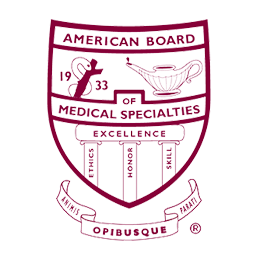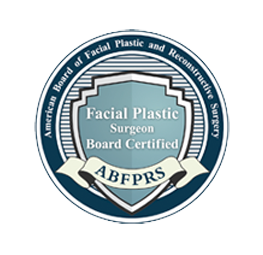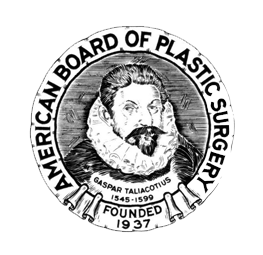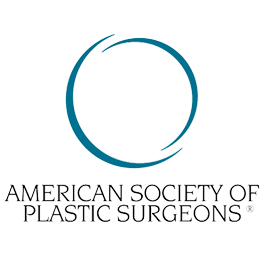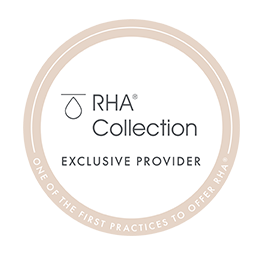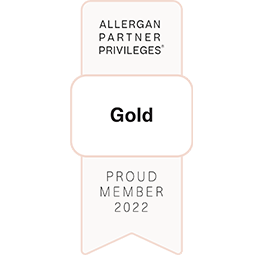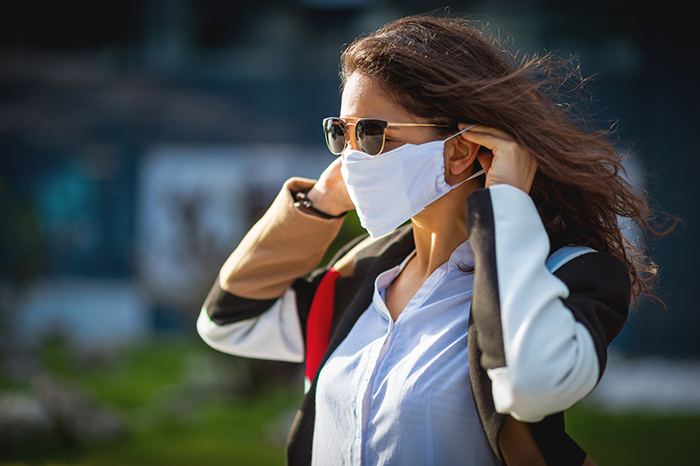
Common Skin Care Mistakes and Dealing With “Mask-ne”
Published byOct 2020
 It’s universal that clear skin is desirable. Most people spend thousands of dollars annually on skin-care products. Given the current global climate and mandatory face coverings, it seems as though people are spending all this money when a large portion of their face is not even seen. However, that doesn’t mean you should stop taking proper care of your skin.
It’s universal that clear skin is desirable. Most people spend thousands of dollars annually on skin-care products. Given the current global climate and mandatory face coverings, it seems as though people are spending all this money when a large portion of their face is not even seen. However, that doesn’t mean you should stop taking proper care of your skin.
With mandatory face coverings required in public across the country to limit the spread of COVID-19, many individuals have noticed acne outbreaks and skin irritation in areas around the mouth. The real question that many have is how can I prevent this from happening?
First, we must look at what causes “mask-ne.” When worn for extended periods of time, masks create a hot, moist environment around the mouth region that can cause pores to clog. This is not new – doctors and other medical professionals who wear face coverings for their jobs deal with it on a regular basis. For people with sensitive skin, “mask-ne” has been incredibly prevalent over the course of the past year. While it can’t be immediately cured, it can be tamed by following some simple tips.
Some tips for protecting your skin from developing mask-ne are:
• Wash your face, but not too often – washing your face excessively with hot water and skincare products weaken your skin’s natural moisture.
• Moisturize – it is important to keep your skin hydrated in order to avoid breakouts.
• Minimize makeup – due to the heat and moisture caused by wearing a mask, your pores and sweat glands open to help your body cool off. Wearing makeup can clog pores leading to acne breakouts; it can also leave residue on your mask that will require cleaning.
• Wash your mask – washing your mask regularly after wearing it; traces of dirt, oil, and bacteria can get trapped in the skin’s surface which can lead to an increase in acne.
• Avoid touching your face frequently – there are millions of bacteria on your fingertips at any given moment that can transfer to every surface you touch. Avoid touching your face and mask as these germs can linger and increase the likelihood of “mask-ne” developing.
Make sure to follow these suggestions to help prevent “mask-ne.” In addition, consider meeting with one of Annapolis Plastic Surgery’s skincare specialists to discuss other treatment options.





